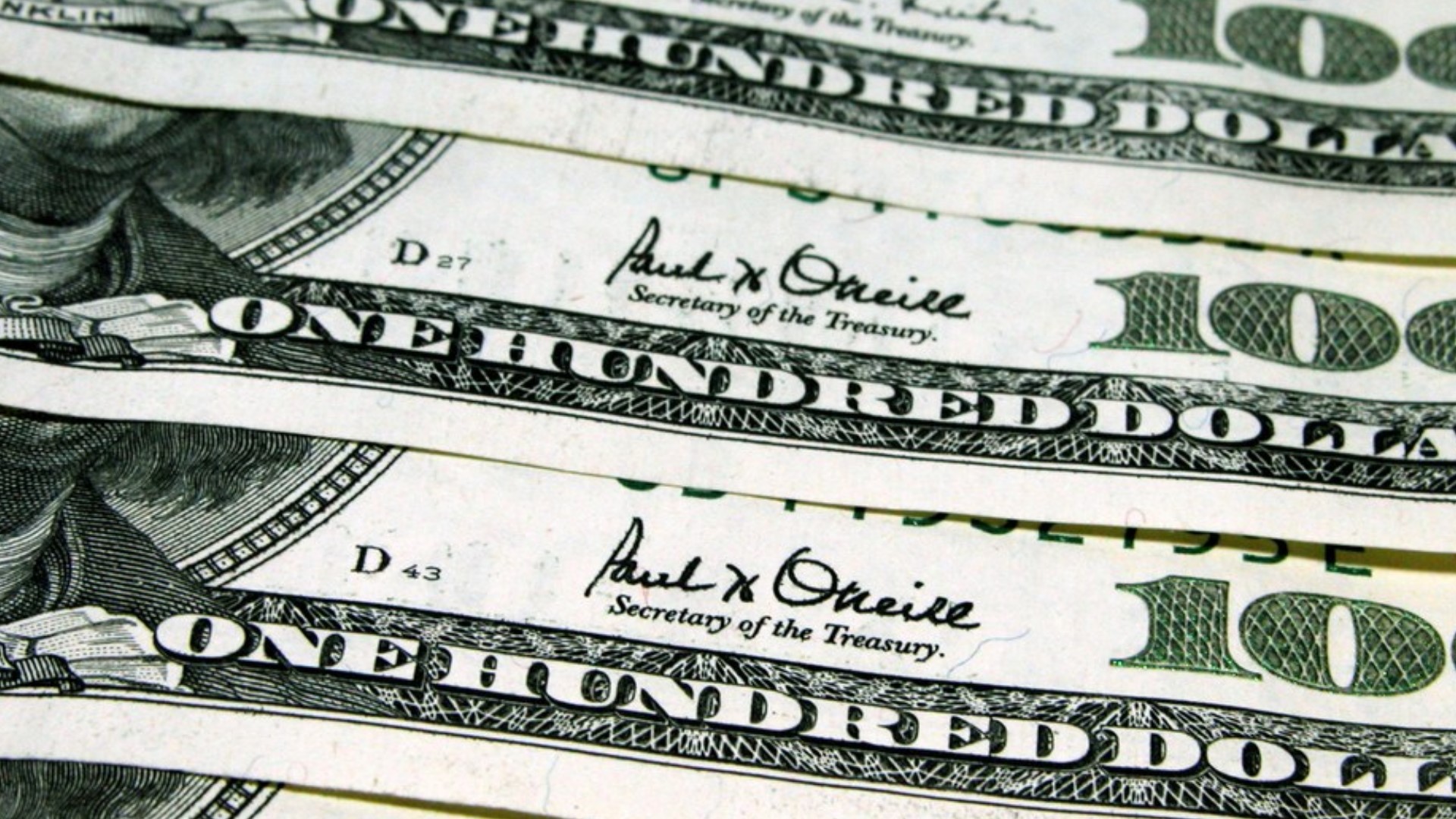Insurance is everywhere, but it's not always the easiest thing to understand. When you visit the doctor, your insurance covers some of it, but not the rest, except when you haven't met your deductible. But what does that even mean?
Joerg Picard, and assistant professor of finance at Grand Valley State University joined us in studio to break it down a bit for us.
Picard actually recommends having a well funded emergency fund as the best way to save money in emergencies. Insurance policies with high premiums and a low deductible can end up costing you more in the long run. By utilizing an emergency fund only for emergencies you can switch to a high deductible, low premium plan. While you may have to pay more at a time, you will still be covered in case of disaster, but you won't have as many day to day expenses.
Picard does say it can be difficult to keep that emergency fund only for emergencies, but it is important to keep it separate from your other accounts. While the savings really adds up if you swap to low cost, high deductible plans for car insurance, house insurance, and even health insurance, the money you save there should be used to bolster your emergency fund whenever you have to dip into it. Picard says, even so, if you average it out, there should be money left over every month.
RELATED VIDEOS:
►Make it easy to keep up to date with more stories like this. Download the 13 ON YOUR SIDE app now.
Have a news tip? Email news@13onyourside.com, visit our Facebook page or Twitter.

